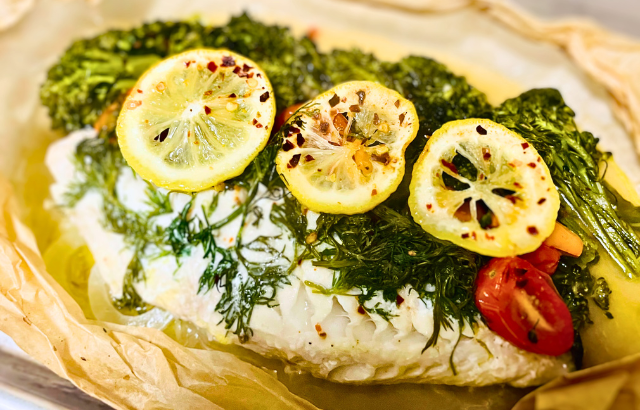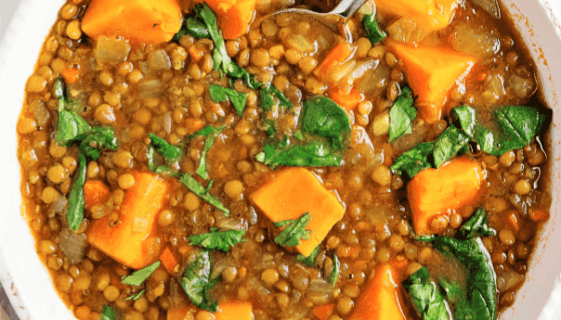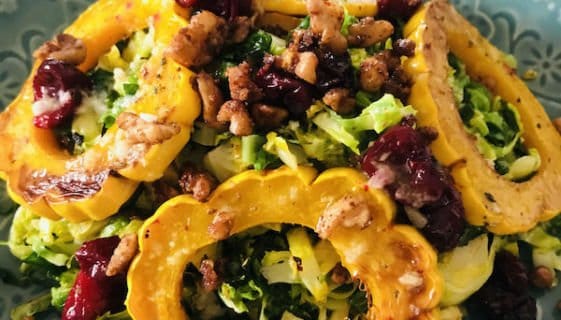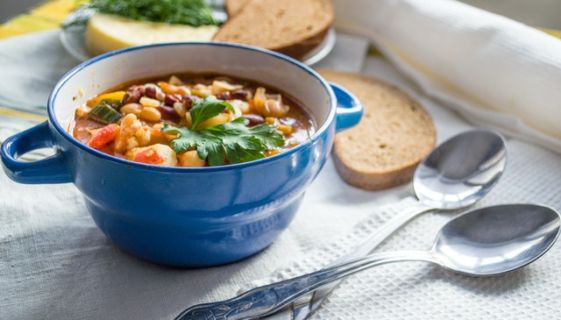Fish en papillote (in parchment paper) sounds fancy but is actually one of the simplest and tastiest ways to cook fish. This method of preparing fish packets is a healthy, easy, foolproof way to create a deliciously tender, delicate, and flavor-packed meal with minimal cleanup — in just 30 minutes! Inspired by Mediterranean cuisine, this recipe combines tender fish with earthy fennel, crisp broccolini, sweet tomatoes, and a light lemony caper sauce to create a satisfying array of flavors and textures.
Once the technique is down, you can create endless flavor combinations using different fish, veggies, and sauces. Combining them all en papillote enhances the flavor and aromatics. This meal delivers great taste and texture and is packed full of omega-3s, prebiotics, antioxidants, and phytonutrients to reduce inflammation, feed our gut, and boost our immune system.
Mediterranean-Inspired Fish En Papillote (In Parchment)
Serves: 4
Ingredients
-
1 fennel bulb, halved and thinly sliced
-
4 6-ounce filets of fish, make sure to buy wild fish (black bass, salmon, halibut, or Alaskan cod)
-
2 bunches broccolini, cut into 2-inch pieces
-
12 cherry tomatoes, halved
-
2 lemons (juice of 1 lemon, thinly slice the other lemon)
-
¼ cup olive oil
-
4 garlic cloves, minced
-
1 teaspoon capers
-
2 tablespoons fresh dill (any fresh herb works)
-
Salt and pepper to taste
Directions
- Preheat the oven to 425°F. Place on rack in the middle of the oven.
- Assemble the packets: (See instructional video below)
a. Tear off 4 squares of parchment paper that are at least 12 inches on each side. (NOTE: Do not use wax paper: it is coated with paraffin wax, a petroleum by-product. In addition, paraffin wax can melt in the oven, and present a fire hazard.)
b. Lay the parchment paper sheets flat on a work surface.
c. Divide the thinly sliced fennel between the 4 sheets. Place the fennel in the middle of the bottom half of the parchment paper, leaving more space at the top. Drizzle with a little olive oil.
d. Place the fish filets horizontally on top of the fennel. Sprinkle a little salt and pepper on the fish.
e. Divide tomatoes and broccolini into four even amounts and place around each slice of fish. Season with salt and pepper.
f. Sprinkle the capers, red pepper flakes, garlic, and dill over the fish and vegetables.
g. Mix the lemon juice and olive oil together and pour over the fish and vegetables.
h. Lay 2-3 lemon slices over fish.
3. Seal the packets:
a. Fold the top half of the parchment paper over the fish and veggies to meet the bottom parchment paper edge that is laying flat.
b. Starting from one side, fold the parchment paper’s edges together tightly and inward toward the fish. Continue folding around the fish until you reach the other side. This will create a sealed packet. It should resemble a large empanada.
c. Repeat steps with the other 3.
4. Place the packets on a rimmed baking sheet and cook in the oven for 13-16 minutes (if fish is a thinner piece cook for 13 minutes, if it is a thicker piece cook for 16 minutes).
5. Remove from the oven and serve in packets. Spoon the sauce that formed at the bottom of the pan over the fish and veggies. Top with more fresh herbs and a little butter, if you like.



 Ananda Kaplan
Ananda Kaplan 

